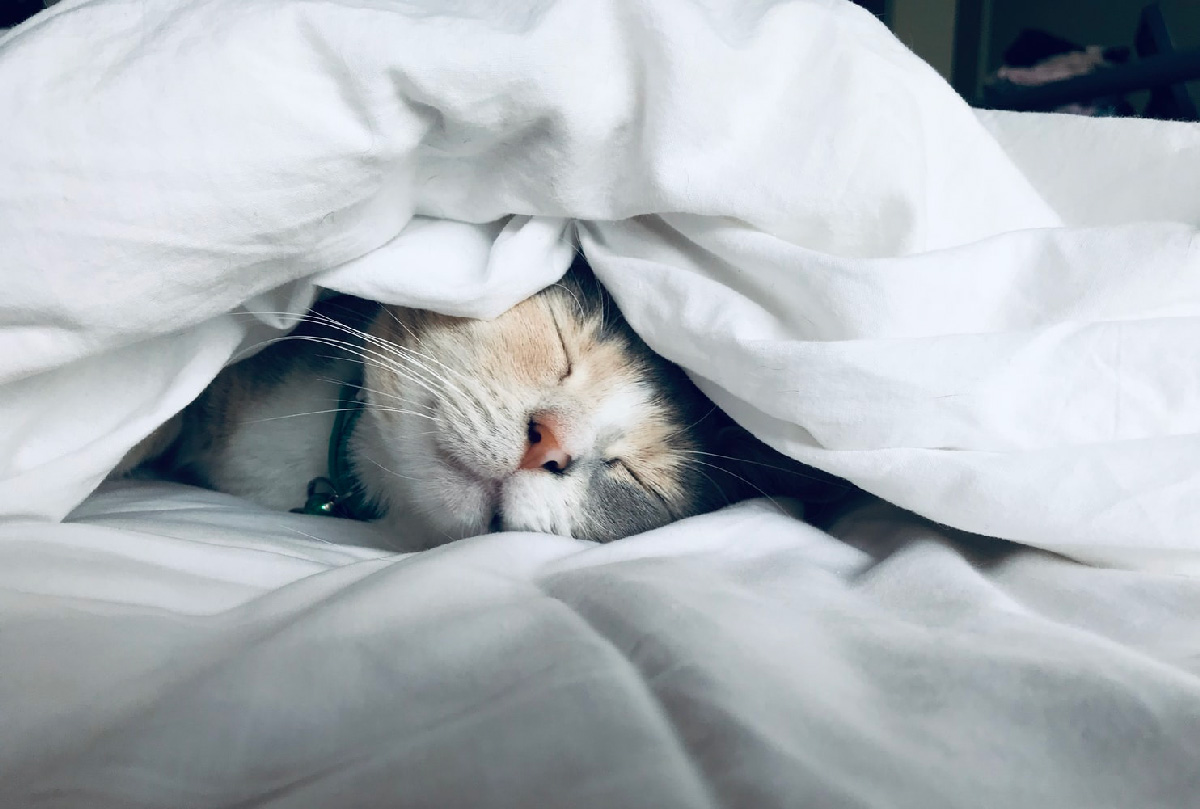How do you sleep? Are you a sound sleeper or a light sleeper? One of the most common health-related issues I see in my practice is a lack of quality sleep. Sleep supports so many physiological functions that a short overview and some suggestions could be very impactful. If you suffer from insomnia or poor sleep, you’ve probably wondered why and have tried ways to improve matters. We all know how important sound sleep is, yet how many of us get a good night’s sleep every night? Americans lead fast, full lives. With nightly activities for children, homework, bathing and dinner, many parents often feel wired and tired at bedtime.
For singles and childless couples, there are unending choices of activities that can negatively impact healthy sleep patterns, also leaving you wound up at bedtime.
“…Sufficient sleep is not a luxury – it is a necessity and should be thought of as a vital sign of good health.” – Wayne H. Giles, M.D., MS, Director, Division of Adult and Community Health, National Center for Chronic Disease Prevention and Health Promotion
The goal is to drift off to sleep easily and get back to sleep quickly if you wake up during the night. How to do this? See if any of these ideas from chapter 8 of my book, The Good the Bad the Bankrupt, Get Yourself Out of Nutritional Deficit help you transform your sleep:
Set the stage for good sleep:
- Make “lights out” and wake-up times a routine at home or when traveling.
- Create “transition” or “wind-down” time so once in bed, you fall asleep easily and quickly.
- Minimize bedroom electronics.
- Position an LED clock so it doesn’t face your bed.
- Don’t watch action movies/shows or negative news in bed.
- Keep your reading material and music listening soft and relaxing.
- Make sure your bedroom is dark and quiet.
- Check your sleep position – back and sides are best, stomach sleeping is the worst!
- Use a pillow under or between your knees to support your back, spine and pelvis.
- Minimize stimulants after lunchtime or early afternoon.
- Avoid chocolate, sugar and sweets after dinner.
- Have a high-protein snack before bedtime like a boiled egg, turkey slices, or almond butter.
- If you are traveling, have a small handful of raw nuts before bed.
Checklist for good sleep:
- How old is your bed? Does it properly support you?
- Is your bed comfortable? Too firm, too soft?
- Do you have low back or upper back pain that might be related to your bed?
- Bed placement – are pathways clear?
- Pillows? Supportive, allergenic, needing replacement?
- Dark? Does light shine in from windows, halls, outdoors, etc.?
- Safety? Do you have night lights or easily reached lamps and light switches?
- Quiet? Are sounds coming from other rooms, halls, neighbors, outdoors?
I often suggest picking 2-3 items to focus on from the lists above. Beginning with a short list of items will be easier to accomplish and as you start feeling perkier from more sleep, you’ll probably be motivated to work on additional areas.
Sleep deficiency is linked to many chronic health problems, including depression, diabetes, high blood pressure, stroke, heart disease, kidney disease and obesity. Next time we’ll explore a couple of items from my lists to help you improve your quality of life.
Till then, sweet dreams and happy napping to you!








